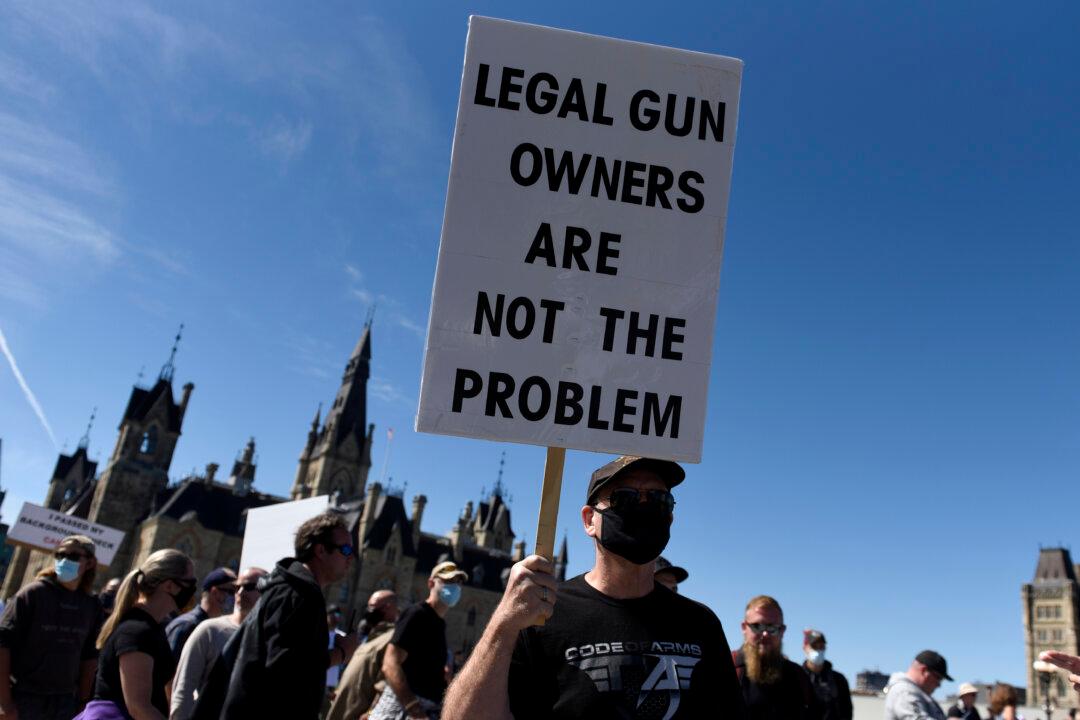Illinois-based gun rights advocates are petitioning the U.S. Supreme Court to block a local ordinance and a state measure that substantially restrict gun rights.
The petition (pdf), which will be considered by Justice Amy Coney Barrett, challenges two laws. One, a local ordinance in Naperville, prohibits the sale of so-called assault-style weapons; the other, an Illinois state law, prohibits the possession of such weapons or magazines.





